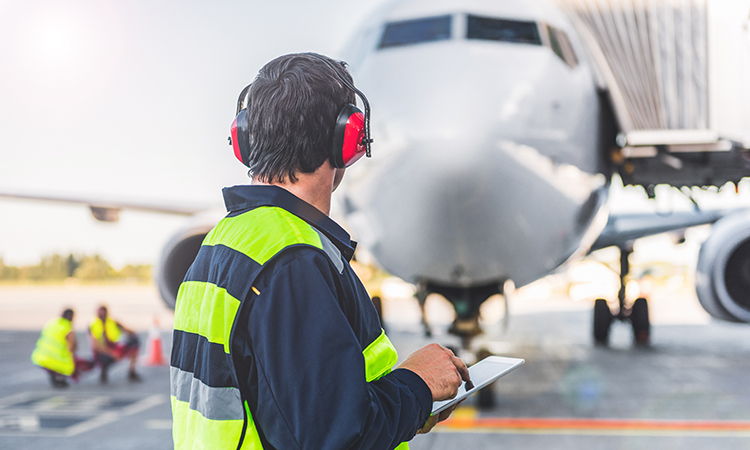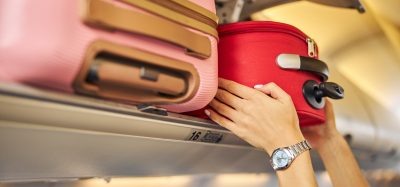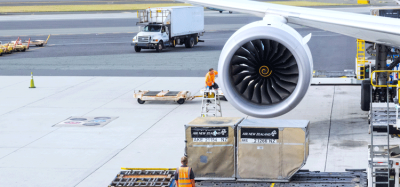COVID-19 pandemic to result in loss of up to 46 million jobs supported by aviation
- Like
- Digg
- Del
- Tumblr
- VKontakte
- Buffer
- Love This
- Odnoklassniki
- Meneame
- Blogger
- Amazon
- Yahoo Mail
- Gmail
- AOL
- Newsvine
- HackerNews
- Evernote
- MySpace
- Mail.ru
- Viadeo
- Line
- Comments
- Yummly
- SMS
- Viber
- Telegram
- Subscribe
- Skype
- Facebook Messenger
- Kakao
- LiveJournal
- Yammer
- Edgar
- Fintel
- Mix
- Instapaper
- Copy Link
Posted: 5 October 2020 | International Airport Review | No comments yet
Analysis undertaken by the Air Transport Action Group has outlined that a wide range of jobs within and supported by aviation are at risk as a result of the drastic fall in air traffic following the COVID-19 pandemic.


According to new industry figures released on 30 September 2020, the severe downturn in air traffic during 2020 caused by the COVID-19 pandemic, which was then followed by a slower than expected recovery, will result in a loss of up to 46 million jobs that are normally supported by aviation around the globe.
Under normal circumstances, aviation and the tourism it facilitates supports 87.7 million jobs worldwide. Over 11 million jobs are within the sector itself, employed at airlines, airports, civil aerospace manufacturers and air traffic management (ATM). The near total shutdown of the system for several months, as well as the stop/start nature of its reopening, means that air travel will not recover to pre-COVID-19 levels until around 2024.
Executive Director of the Air Transport Action Group (ATAG), Michael Gill, said: “With the expectation that we will see less than half of the passenger traffic in 2020 than we carried in 2019, we know that a lot of jobs in air transport and the wider economy relying on aviation are at risk. Some companies are already making difficult decisions, with many colleagues being impacted by the downturn.”
“Our analysis shows that up to 4.8 million jobs in aviation may be lost by the beginning of next year, a 43 per cent reduction from pre-COVID-19 levels. When you expand those effects across all of the jobs that aviation would normally support, 46 million jobs are at risk. These include highly-skilled aviation roles, the wider tourism jobs impacted by the lack of air travel and employment throughout the supply chain in construction, catering supplies, professional services and all the other things required to run a global transport system,” he explained.
“It is absolutely incumbent on governments to do whatever they can to help the sector to get back on its feet so that we can bring back those jobs and that economic activity. This must go beyond schemes to support employment. Passengers and businesses need certainty around travel – not to be subject to random quarantine declarations and constantly changing lists of acceptable and unacceptable destinations. We know that it is tough to make these decisions. But, as testing improves and the prospect of a vaccine becomes clearer, we hope that more stability in the travel environment also leads to a more stable return to the wider economic role of air transport,” Michael concluded.
Related topics
Aeronautical revenue, COVID-19, Economy, Passenger volumes, Workforce


















